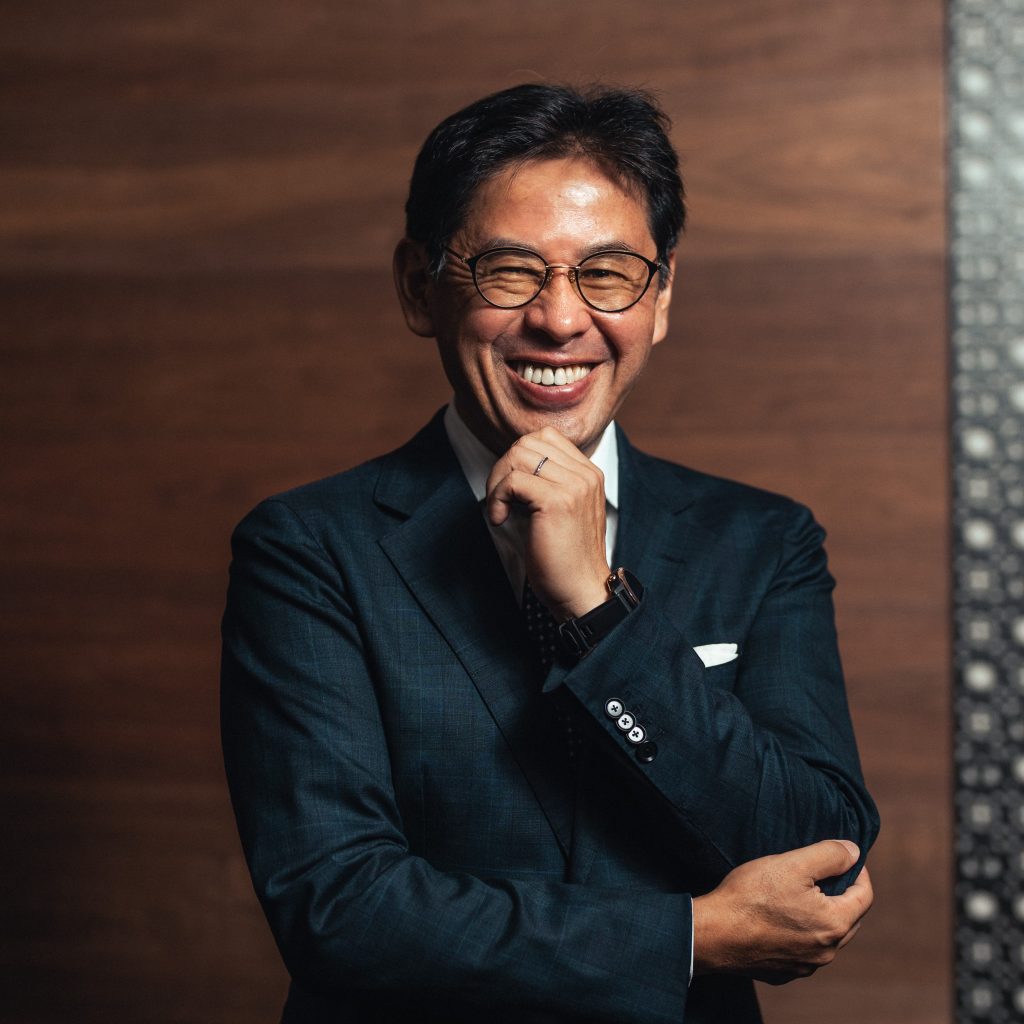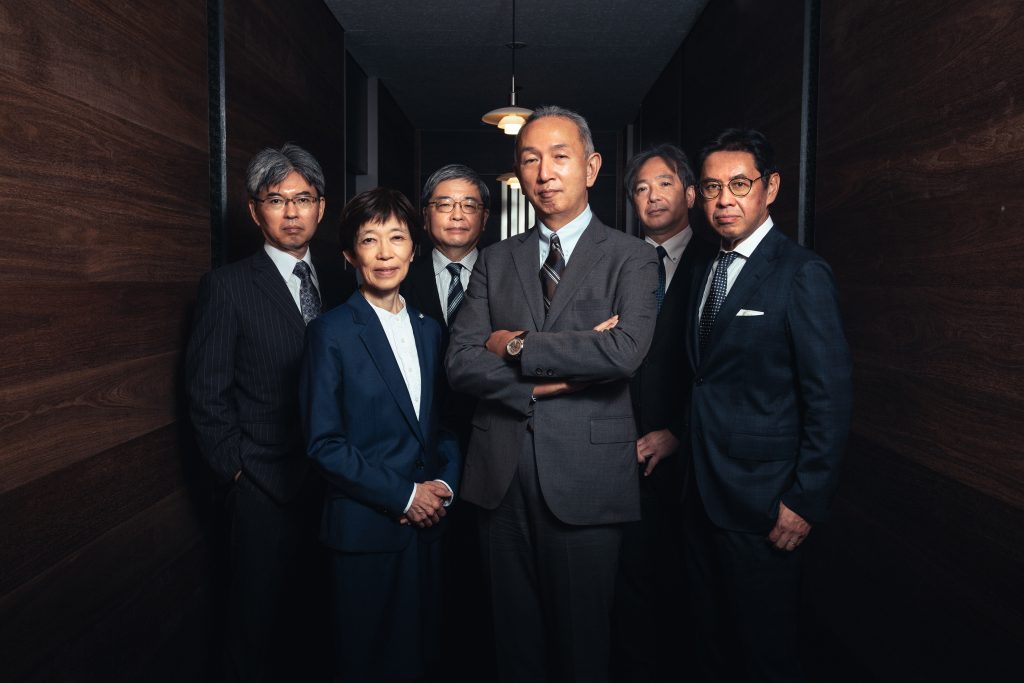General Admissions and University Selection: Supporting potential students’ study abroad aspirations

The time has come for the publication of Sophia’s General Admission Application Guideline. For students, this represents the final phase of narrowing where they will apply. Vice President Admission Affairs, who regularly meets with high school students and teachers across Japan, will expand on the concept of choosing a university while considering experiences like study abroad, and Sophia University’s message during the general selection process.
Study Abroad as a Lifelong Asset
Japanese high school students have long been known for being inward-looking, but as I visit high schools across Japan and listen to the voices of students, I am encouraged to learn that many of them are interested in studying abroad. Many of these high school students, and the high school teachers who guide them in their university selection process, may well cite the quality of study abroad programs as one of their criteria for choosing a university.
In particular, when comparing long-term study abroad programs, we would like students to pay attention not only to the destination, duration, etc., but also to the significance of the study abroad experience that each university can offer and hopes to leave its students with. While improving one’s English and communication skills are certainly attractive features of studying abroad programs, we think that a long stay abroad should allow a student to experience something larger and difficult to do while in Japan.
In our view, the most important purpose of long-term study abroad is to build a personal network. Sophia University offers a wide selection of exchange destinations in the U.S. as well as in Europe and Africa, all of which attract promising students from all over the world. Students will be able to bring their individual ideas about the world, and its politics and economics, become acquainted with others’ ideas, and make friends for life. This will be an asset as a world citizen.
In order to build a diverse society, it is important to recognize various ways of thinking and to find ways to coexist with them. Conflicts caused by conflicting values are still occurring in many parts of the world. It is difficult to solve such conflicts through politics alone, and true peace will not be realized unless we can work on recognizing our neighbors’ values.
It may seem exaggerated to mention the word “peace” when talking about choosing a university, but the years spent as a student are an important time to form one’s way of thinking that will serve as the foundation for building a career. The influence that studying abroad will have on this cannot be ignored. I hope students choose a university from a broad perspective of considerations, and not just based on standardized test scores or other similar numerical indicators. Sophia University offers financial support for its long-term study abroad program (exchange program), which does not require students to pay host institution tuition and offers a scholarship program that does not require repayment of tuition fees.
We are also expanding our “Special Programs for Overseas Graduate Schools” to support students who wish to challenge themselves at graduate schools abroad. We already have an extensive recommendation system for Columbia University, and other top universities in the U.S., as well as prestigious universities in Europe. In this system, students are given priority over general applicants, and some tuition fees are reduced or exempted. Experience at overseas graduate schools is advantageous for employment in international organizations, such as the United Nations.
The Mother Tongue as the Foundation for Individuality: Encouraging Japanese Language-Based Thinking Skills
Since we have discussed overseas experience, potential students may think that our undergraduate entrance examinations place extreme emphasis on English proficiency. Sophia University does not have an entrance examination in which students can be admitted solely based on their English ability, although we do offer an entrance examination for those who are skilled in English and can demonstrate that ability through an exam. Like all entrance examinations in Japan, we expect students whose first language is Japanese to be highly proficient in Japanese.
For many Japanese, English is a second language, no matter how fluent they are. First languages are used when we think to ourselves in our head. In a diverse environment where people from all over the world gather, such as Sophia’s Yotsuya campus and study abroad destinations, Japanese is the base for Japanese people to establish and assert their individuality.
Based on this, we do not want to see mere memorization, but the ability to understand words, think in one’s own way, and arrive at an answer in our General Admissions. Reforms made to the General Admissions process were completed in 2021, and we are not planning any major changes for the 2025 entrance examination. We hope students can prepare with peace of mind.
Sophia University’s goal is to nurture talent that can walk alongside others in this world. Our curriculum is designed to work backwards from this goal. Just as studying abroad is one of the most important parts of our curriculum, entrance examinations are also a part of one’s career plan. Whether it is the undergraduate departmental examinations or the Common Test for University Admissions, if students prepare with a mindset to develop their thinking skills, it will help them excel in their studies after entering university.
